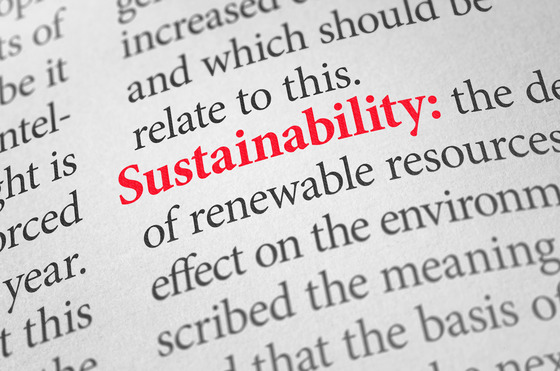
Navigating the world of biobased products can sometimes feel like deciphering a complex code. From bioplastics to circular economy practices, a plethora of terms are woven into the fabric of eco-friendly living. Here is a glossary you can use to navigate the world of sustainability, whether you’re passionate about reducing your carbon footprint or simply curious about green innovation.
Biobased: Biobased refers to products or materials derived from renewable biological sources, such as plants, algae, and agricultural byproducts, as well as animal or marine byproducts. These materials are a sustainable alternative to those derived from fossil fuels.
Biomass: Biomass is organic material derived from plants, animals, or microorganisms. It is a key feedstock in the production of biobased products, ranging from biofuels to bioplastics.
Bioeconomy: The bioeconomy encompasses economic activities that utilize renewable biological resources, such as agriculture, forestry, and fisheries, to produce goods, energy, and services.
Bioplastics: Bioplastics are plastics derived from renewable biomass sources, such as corn starch, sugarcane, or algae. Unlike traditional plastics, bioplastics aim to reduce dependence on fossil fuels and decrease environmental impact.
Carbon Footprint: A carbon footprint measures the total amount of greenhouse gas emissions, usually expressed in carbon dioxide equivalents, produced directly or indirectly by an individual, organization, event, or product.
Circular Economy: A circular economy is an economic model that emphasizes minimizing waste and making the most of resources. In the context of biobased products, it involves practices like recycling, reusing, and repurposing materials to create a closed-loop system.
Compostable: Compostable products are those that can break down into natural elements in a composting environment, leaving behind no harmful residues. These products contribute to reducing landfill waste.
Fermentation: Fermentation is a biological process where microorganisms, such as bacteria or yeast, metabolize sugars to produce various compounds. In the context of biobased products, fermentation is often used to create biofuels, biochemicals, and other valuable substances.
Greenwashing: Greenwashing refers to the deceptive practice of conveying a false impression or providing misleading information about the environmental benefits of a product or company.
Upcycling: Upcycling is the process of transforming waste materials or products into new materials or products of higher quality or value. It is a sustainable practice that contributes to reducing overall waste.
Sustainable Sourcing: Sustainable sourcing involves obtaining raw materials in a manner that supports ecological balance, social responsibility, and economic viability. It ensures that resources are managed responsibly to minimize environmental impact.
Source
USDA Rural Development bulletin, press release, 2024-04-09.
Supplier
BioPreferred
US Department of Agriculture (USDA)
Share
Renewable Carbon News – Daily Newsletter
Subscribe to our daily email newsletter – the world's leading newsletter on renewable materials and chemicals










